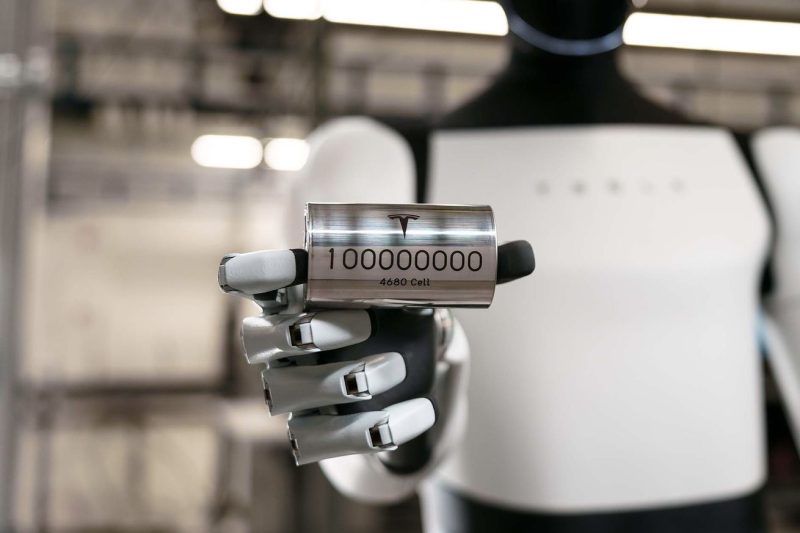In the rapidly evolving landscape of electric vehicle technology, the automotive industry is abuzz with discussions surrounding the new 4680 battery cell developed by Tesla and Elon Musk. Considered a breakthrough innovation in battery technology, the 4680 cell promises to revolutionize the electric vehicle sector by offering significant improvements in energy density, range, and overall performance compared to existing lithium-ion batteries.
One of the key players in the battery manufacturing industry, Contemporary Amperex Technology Co. Limited (CATL), has raised concerns about the reliability and feasibility of Tesla’s 4680 battery cell. As the world’s largest producer of electric vehicle batteries, CATL’s opinion holds weight in the industry and its assessment of Tesla’s new technology is generating considerable attention.
CATL has expressed skepticism regarding the mass production and commercial viability of the 4680 cell, citing potential technical challenges and uncertainties in achieving the promised advancements. The company highlights issues related to the size and scale of production required to meet the ambitious targets set by Tesla, as well as concerns about the complexity of the manufacturing process and the practicality of implementing the new technology on a large scale.
Furthermore, CATL questions the thermal management capabilities and safety of the 4680 cell, pointing out that the increased energy density and larger form factor may pose significant challenges in terms of heat dissipation and overall battery performance. The company emphasizes the importance of ensuring the reliability and safety of battery technology, especially in the context of electric vehicles where battery performance and durability are critical factors.
While CATL’s reservations about Tesla’s 4680 cell are valid and reflect the cautious approach necessary in evaluating new technologies, it is important to acknowledge the potential of innovation and disruption that the new battery cell brings to the electric vehicle industry. Tesla’s track record of pushing boundaries and driving advancements in battery technology has often defied skepticism and paved the way for new standards in the industry.
As the automotive sector continues to shift towards electrification and sustainable mobility, the development of high-performance batteries such as the 4680 cell is crucial for achieving the ambitious goals of reducing carbon emissions and transitioning to a cleaner energy future. While challenges and uncertainties may exist in the implementation of new technologies, it is through innovation, collaboration, and continuous improvement that the industry will overcome obstacles and drive progress towards a more sustainable and efficient transportation ecosystem.
